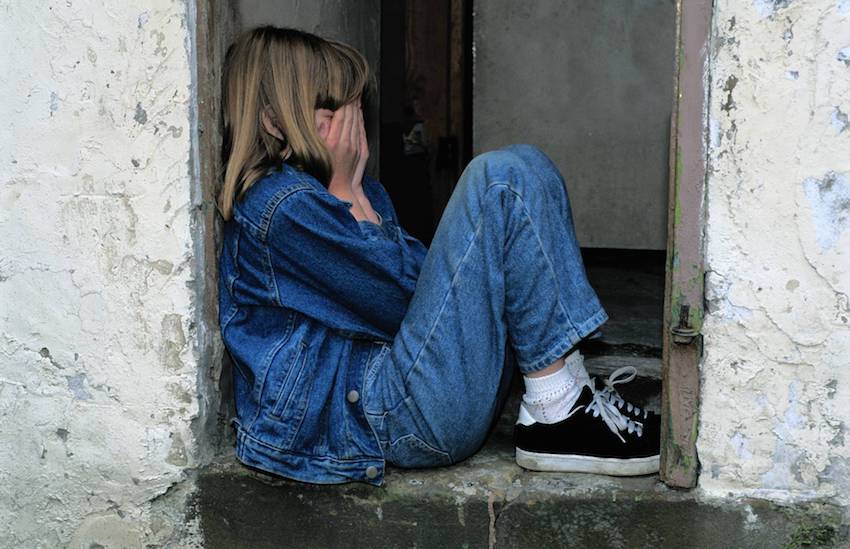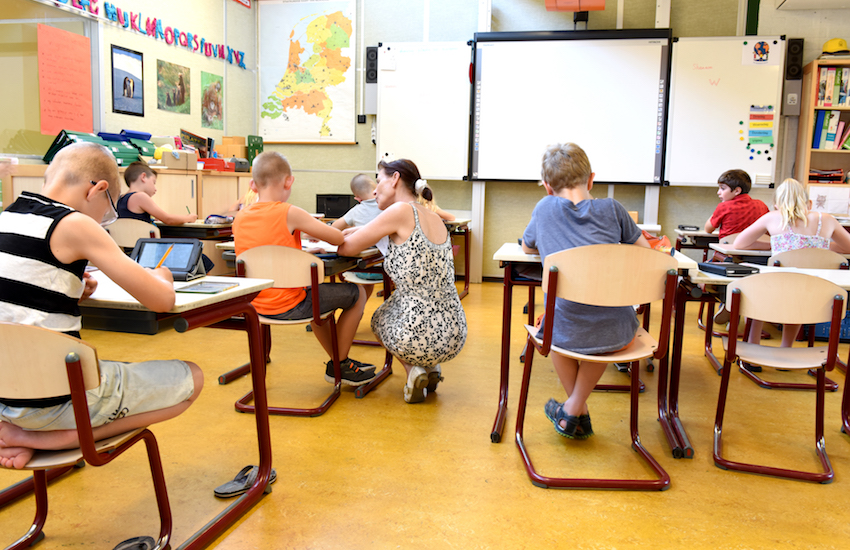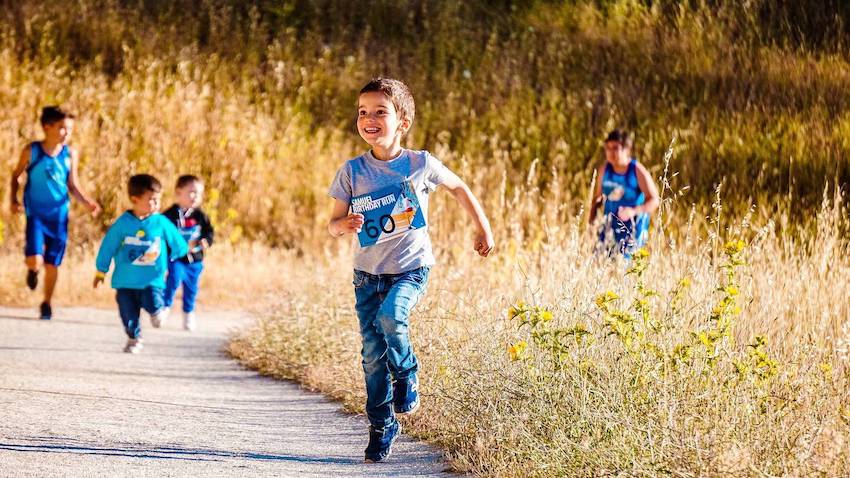


A teacher has shared why she feels homeschooling might be on the agenda for more parents after the health crisis pushed learning back into the home.
Annette Tomes Cabot says that, if lockdown has taught us anything, it's that "a lot needs to be 're-thought' about the way we educate our children"...
"If you’re one of many parents who have been teaching children at home, you may be wondering whether you do want to hand back the reins to teachers, or if you could join an increasing number of established local home schoolers who balance one to one education, play and family routine. In a community with ready access to cultural and natural amenities and social networks many Jersey families have found it works better for their children, over primary and secondary years.
It allows family flexibility and choice; undivided attention, coupled with integrated learning incorporated in day to day activity mean actual ‘study time’ can be a few focused hours per day, fulfilling the same and more than a full school day.
Professionals who want to spend as much time as possible with their young family, particularly frequent flyers, find greater continuity can be kept through distance learning rather than school. Parents recognising talent, such as artistic or academic potential, that may be more nurtured individually, have taught at home in many celebrated cases. Young Musician of the Year 2018, Oliver Scott, is one Jersey example. Gerard Le Feuvre, the renowned local cellist, and his wife, taught their children too.

Pictured: There are many cases of parents nurturing a child's individual talents, such as artistic skills, independently.
Some opt for keeping their children at home from the outset, or taking them out of the mainstream, because of unpleasant or traumatic school memories, or latterly they have become aware of discomfiture in their children’s experience.
Ever more frequent distress signals are evident throughout the school system, with even the youngest school children affected, and frustration in those who don’t reach potential in classrooms. A child’s individuality can be further lost sight of through ‘quasi diagnoses’ such as behavioural or emotional disorders. Recently a UK neurodevelopmental lead was appointed in the Department of Health to review the way children pass inconclusively through a series of acronymed disorders (ADHD, SEND et al), which leave parents and school staff with approximations and uncertainties.
Underachievement (20% of States’ primary children are below literacy standards) in mainstream classes, along with bullying - with resultant crushed confidence and stress-related disorders are reported on with regularity, citing dismaying statistics. When parents decide to home school they are often at the desperate last resort.

Pictured: Stress-related disorders in children are reported regularly, with bullying and crushed confidence from underachievement commonly cited.
Jersey law requires a child to be taught to an ‘appropriate’ standard, with regards to age and ability. Additionally, recent changes in the law have meant that checks are now made by the Education Department from the outset, sometimes by assessments.
For many parents, even if circumstances allow and they are keen to home educate, authorities may seem a stumbling block, especially when their son or daughter is registered in a school, and the purpose would be to leave and start at home. The fact that the school has in place strategies, such as study skills or support sessions to compensate for the perceived lack, leaves it awkward for parents to decisively choose against continuing in the system.

Pictured: Schools have study skills and study sessions, making it awkward for parents to decisively choose against continuing in the system.
In Jersey, quite aside from the current emergency, the growing number of families teaching long-term at home has led to local support and Facebook networks. The Jersey Home Education Group is currently a 31 family-strong-group, but their experience alone covers over 15 years (homeeducationjersey.weebly.com, with useful resources page). However, the current momentum is building up, arguably from parental disquiet at narrow curricula with institutions limited in instilling or upholding meaningful values. These parents, of all backgrounds, have the confidence to teach reading, writing and maths at their child’s pace.
Faith groups and many concerned that values are conveyed with conviction and by example at home are being drawn to independent initiatives of teaching. Some also prefer an outdoors emphasis, more physical exercise, foreign languages and so on. Solutions to other subjects can be adapted to level, throughout secondary education to final examinations. These factors have motivated parents worldwide, and actually simplified what could have seemed daunting. Jersey therefore parallels trends across the UK, Europe, the USA, Canada and Australia and New Zealand.

Pictured: Some parents prefer a more outdoors emphasis in their child's education.
An internationally leading educational psychologist, Paula Rotherwell, at Durham University made a seven year study of over 1,000 home educated children, finding that they had higher than average levels of articulacy, confidence and ability. She has also acted as an expert advisor in court cases. Child psychologists and educationalists and parents are reflecting about the longer-term responses to prepare the young.
Clearly, now and for the future generations, a lot needs to be ‘re-thought’ about the way we educate our children, with boldness, as families face fast changing challenges.
Home schooling has proven to be rewarding and effective but, later starting ages and more distance e-learning are all ideas on the table. The uniqueness of every child and family and their experience make it a subject to open up for variety and debate."
Comments
Comments on this story express the views of the commentator only, not Bailiwick Publishing. We are unable to guarantee the accuracy of any of those comments.